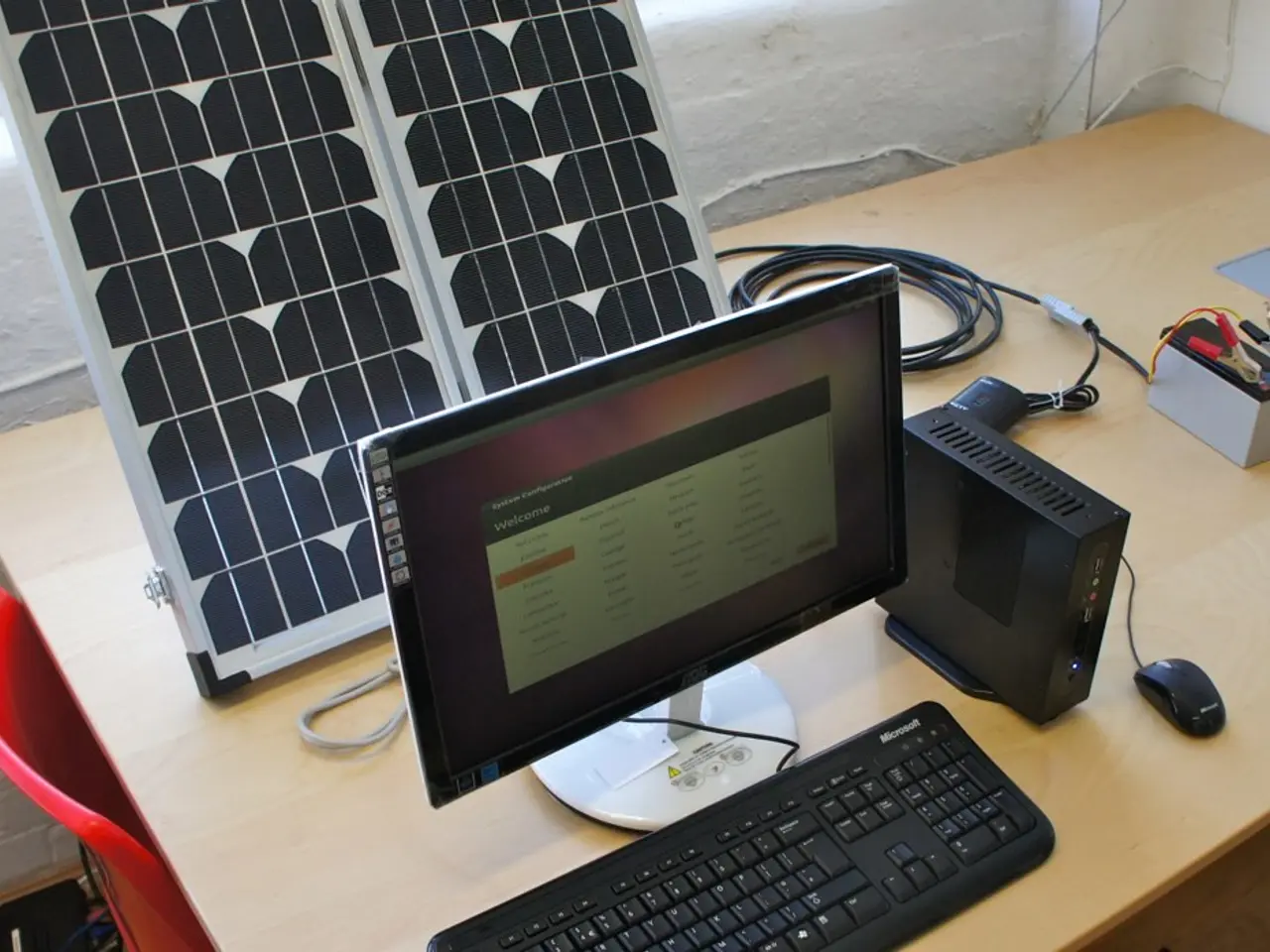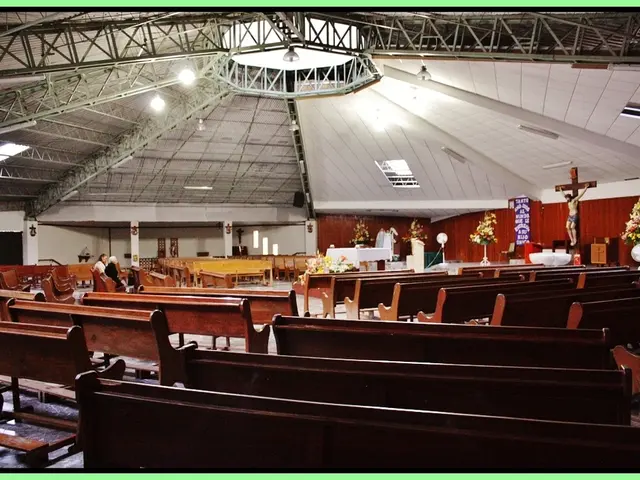Solar panel lifespan: Insights and clarification provided
Solar panels have become a popular choice for homes and businesses looking to reduce their carbon footprint and save on energy costs. But what do you need to know to ensure your solar panels last as long as possible?
Reputable manufacturers design solar panels to maintain at least 80% efficiency for 25-30 years. However, some parts of a solar PV system, such as inverters, may need replacement after around 12 years. Inverters, an essential part of solar PV systems, convert the direct current (DC) produced by the solar panels into alternating current (AC) that can be used in homes and businesses.
Decreased energy output, longer charging times, or inability to charge a battery fully could indicate a problem with solar panels. Regular maintenance, such as inspections, solar panel cleaning, and solar panel pigeon proofing, can help extend the life of solar panels and prevent these issues.
When it comes to recycling solar panels, the process can be complex and requires advanced machinery. Solar panels are primarily made of glass, plastic, and aluminium, making them recyclable.
Solar thermal systems have fewer components that may need replacement sooner than the 25-30 years offered by the panels. Pumps in solar thermal systems typically last around 10 years, and some electrical components such as controllers may need replacing.
It's advisable to check with your installer about what is covered by your warranty and what parts may need replacement during the overall lifespan of your solar system. Using a reputable installer can ensure the solar panels are of good quality and fitted correctly.
While solar panels degrade at a rate of between 0.2% to 0.5% per year, according to experts, it's important to note that solar panels do not suddenly stop working after a certain time. Instead, their energy output decreases over time.
Solar batteries, if added to a PV system, have a shelf life of 5-15 years. Regular maintenance and replacement of batteries can help maximise the savings from a solar PV system.
Dan Hopcroft, the Zero Carbon Homes director at EDF, emphasises the importance of regular maintenance and the role it plays in extending the lifespan of solar panels. "Regular inspections and maintenance are key to ensuring your solar panels continue to perform optimally," he says.
In conclusion, solar panels are a long-term investment that can provide significant savings on energy costs. By following a regular maintenance schedule, using a reputable installer, and understanding the lifespan of different components, homeowners and businesses can ensure their solar panels last for decades to come.
Read also:
- Accident at Rodalben Results in Injuries; Geoskop Area near Kusel Affected After Stormy Weather
- Rise in HIV Cases without a Corresponding Increase in HUS Incidents
- Vehicle-to-Vehicle Communication Industry Set to Expand, Projected to Achieve a Value of US$105.8 Billion by 2034
- Marital instances multiplying in MV - officials hint at an upsurge in unions








